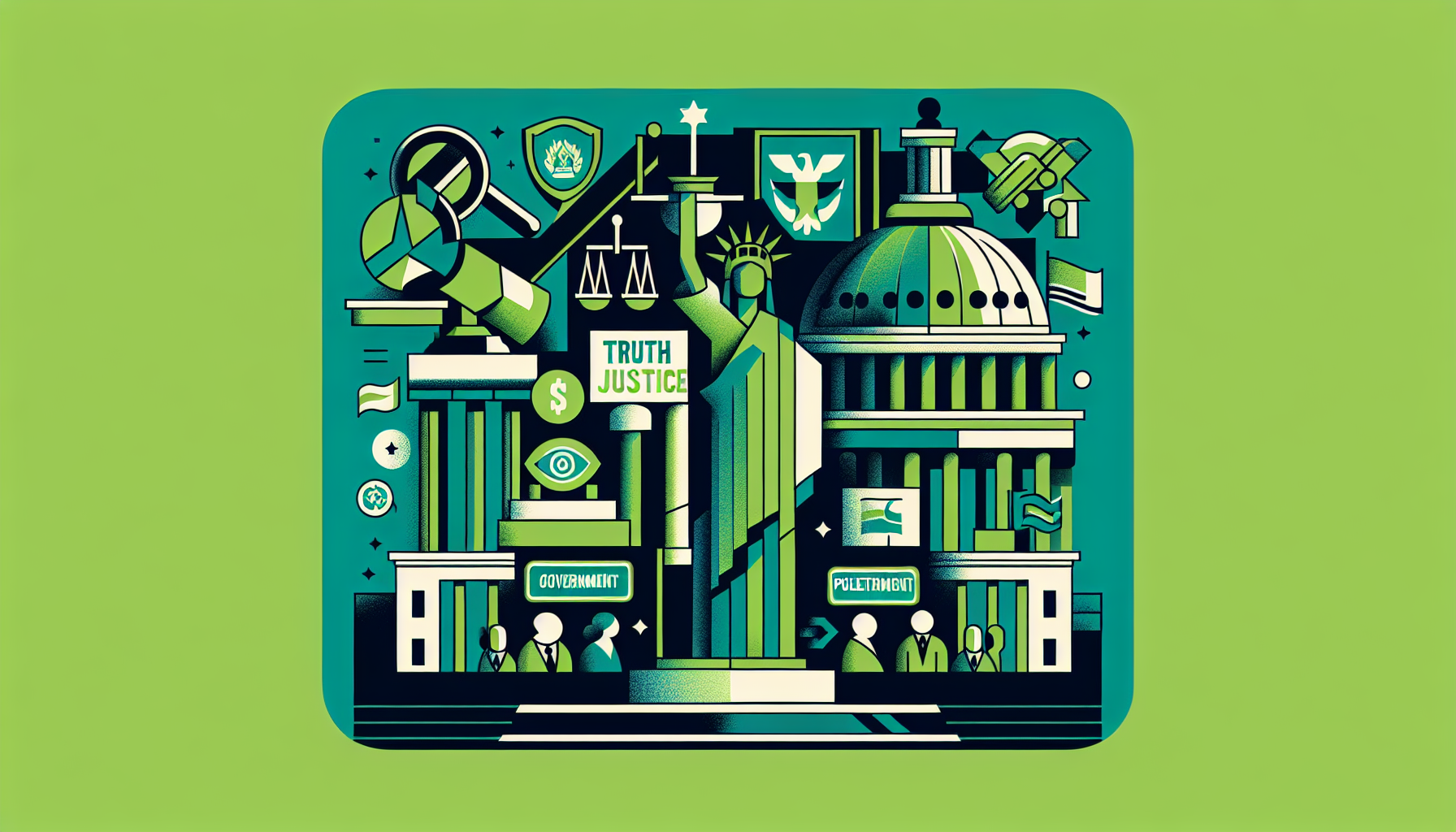There’s a strange, unsettling irony in the endless chants for Donald Trump to release the so-called “Epstein names.” For many in his base, these demands feel like the final frontier of truth and justice. But this obsession isn’t born merely from a desire to p…
Why it matters
- The demand for the release of names associated with Jeffrey Epstein highlights a deep-seated desire for accountability among Trump's supporters.
- This phenomenon reflects broader societal frustrations regarding perceived injustices and a lack of transparency in elite circles.
- The obsession with Epstein's connections may serve as both a rallying point for Trump's base and a distraction from other pressing issues.
In recent weeks, a peculiar trend has emerged among supporters of former President Donald Trump: an increasing clamor for him to disclose the names linked to the late Jeffrey Epstein. This demand is not simply a thirst for justice; it illustrates a complex interplay of loyalty, distrust, and the quest for deeper truths within a segment of the American electorate. For many, the call to unveil the so-called “Epstein names” represents a final hope for transparency amid a landscape riddled with perceived corruption and elite impunity.
The Epstein saga, which revolves around serious allegations of sex trafficking and abuse, has long captivated public attention. Epstein’s connections to high-profile individuals—including politicians, celebrities, and business leaders—have sparked ongoing speculation about who may have been complicit in his activities. The Trump base, driven by a mix of conspiracy theories and a genuine desire for accountability, sees the release of these names as a means to expose a hidden web of corruption that they believe has evaded justice for too long.
Yet, there's a troubling irony to this demand. Those who fervently chant for the names often overlook the broader implications of their insistence. Many supporters view the call as a decisive moment in their pursuit of truth, yet their fixation may reflect a deeper disillusionment with the political system as a whole. For some, the Epstein names symbolize not just a hunt for justice but a validation of their belief that powerful elites operate above the law.
While the demand resonates strongly within this community, it raises questions about the motivations behind such fervor. For some, it can be seen as a desperate attempt to cling to a narrative that portrays Trump as a champion of the disenfranchised, fighting against a corrupt establishment. In their eyes, revealing the names is not just about justice for Epstein's victims; it’s about dismantling a perceived system of privilege and secrecy that has long shielded the powerful from accountability.
However, the fixation on Epstein’s associates can also act as a double-edged sword. It risks overshadowing other critical issues and undermining the very principles of justice that supporters claim to champion. A relentless focus on the past may divert attention from pressing contemporary concerns, such as economic inequality, healthcare, and education, which significantly impact the lives of millions of Americans. The pursuit of justice for Epstein's victims should coexist with a broader agenda that addresses these urgent matters.
Moreover, the demand for transparency raises ethical questions regarding the role of public figures in such investigations. The potential fallout from releasing names could lead to significant repercussions for individuals who may not be guilty of any wrongdoing. The implications of such actions could further muddy the waters of justice, blurring the lines between accountability and mob mentality.
As the debate continues, it’s vital to recognize the societal dynamics at play. The calls for Epstein's associates to be named are, in part, a manifestation of frustration with a political culture that many feel fails to represent their interests. This sentiment reflects a broader discontent with the status quo and a yearning for a system that holds everyone—regardless of status—accountable.
In the end, the demand for transparency in the Epstein case serves as a poignant reminder of the complexities of justice in a polarized society. It underscores the need for a balanced approach to accountability, one that honors the rights of individuals while ensuring that justice is served. As the narrative unfolds, it will be intriguing to see how this obsession shapes the political landscape and influences the discourse surrounding accountability and truth in America.











